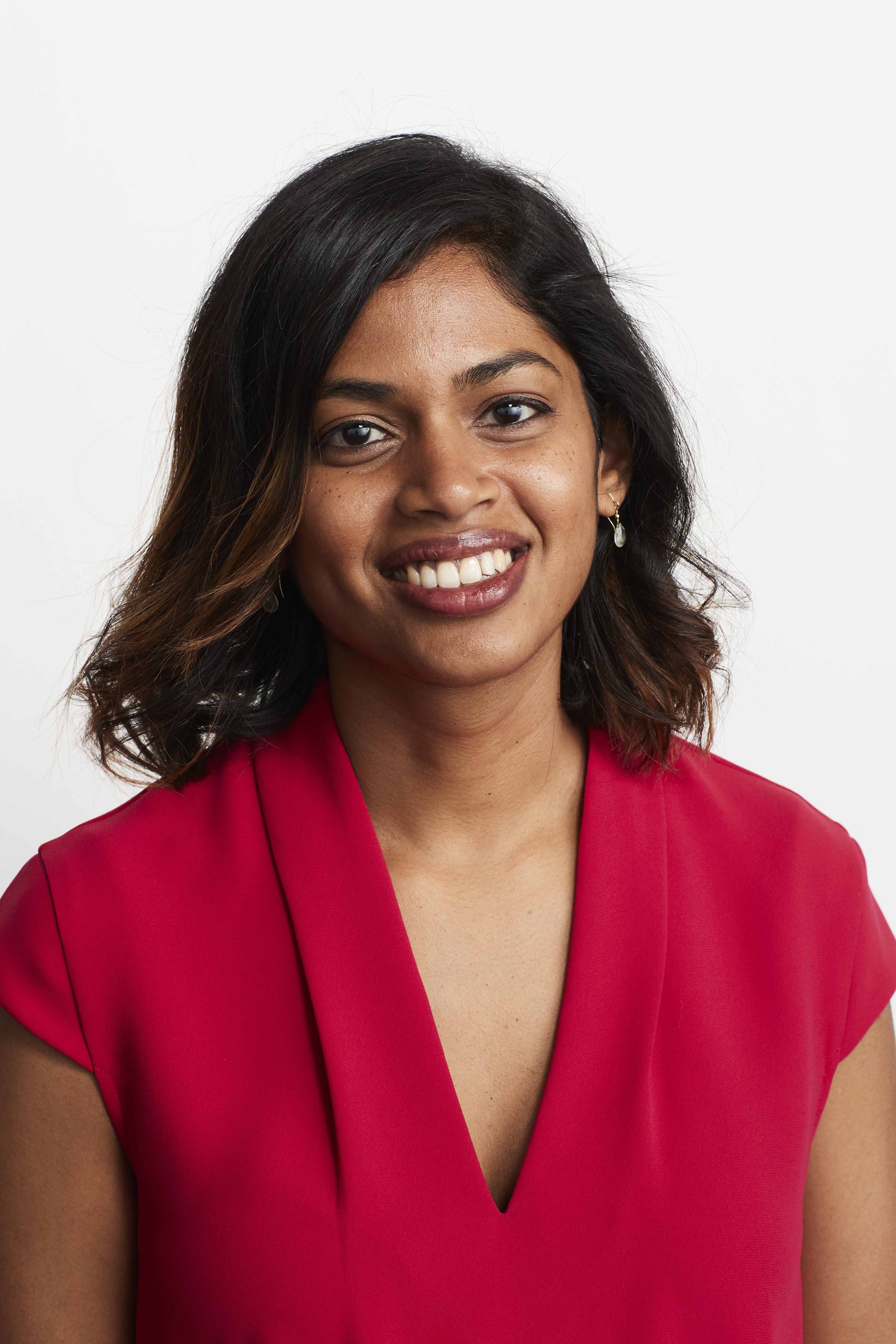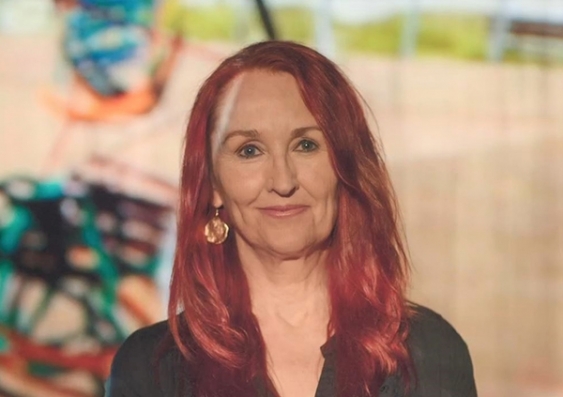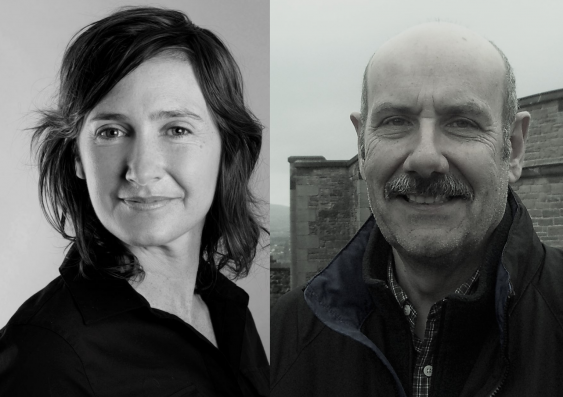The Fellows include an award-winning immersive environments artist, an anti-slavery campaigner and experts in Southeast Asian law, Australian literary studies and bioethics.
Five academics from UNSW Arts, Design & Architecture and UNSW Law & Justice have been elected Fellows of the Australian Academy of the Humanities (AAH).
They were among 41 humanities scholars and practitioners welcomed this year into the Academy for exemplifying why ethical, historical, creative and cultural knowledge and expertise is critical to Australia’s future.
UNSW Acting Vice-Chancellor and President, Provost Vlado Perkovic, said UNSW was proud of the academics’ impact.
“These Fellows bring fresh insights and perspectives that are essential to solving society’s problems. They empower us to think creatively and I applaud them on this distinguished achievement,” he said.
“These new Fellows represent those who have made a significant contribution to the humanities by helping us better understand our societies and cultures, as well as their invaluable connection to technology and science,” UNSW Dean of Arts, Design & Architecture, Professor Claire Annesley said.
“I congratulate the Fellows on their election. It is one of the most prestigious forms of recognition of the excellence of their work.”
The new UNSW Fellows include:
Scientia Professor Dennis Del Favero

Professor Dennis Del Favero has been at the forefront of research into complex immersive environments in art, film, music, opera and theatre experimentation.
The ARC Laureate Fellow and Director of the iCinema Research Centre at UNSW, recently completed a 3D stage design prototyping system for Sydney Theatre Company and an immersive augmented reality display system of museum collections for the Powerhouse Museum. His award-winning immersive 3D visualisation work has also been commercialised by the Australian and Chinese mining industry to enhance hazard awareness and safety.
Prof. Del Favero is currently developing the world’s first artificial intelligence and 3D-interactive visualisation of extreme fires to be used by artists, fire scientists, emergency responders and broadcasters.
“It is indeed an honour to join such an impactful group of researchers in the arts who are making such significant contributions to the pressing concerns faced by our society as a whole,” he said.
“I will be using this appointment to drive home the need for deeper and broader collaboration between the arts and sciences to address climate emergency in co-operation with key cross-sector stakeholders.”
Associate Professor Emma Christopher

Associate Professor Emma Christopher is a historian and award-winning documentary filmmaker who researches slavery and the Black diaspora.
Her latest projects include constructing a database of New Guineans trafficked to Queensland in the 1880s, and writing a book about the intersection of Atlantic and Pacific history within this story. She also continues working with the people of the Yurumanguí palenque on the Pacific coast of Colombia, studying the present-day struggles associated with their rebel slave ancestry.
A/Prof. Christopher directed and produced the film They Are We, which won six Best Documentary Awards and was called an inspiration and ‘a victory over slavery’ by UN Secretary General Ban-ki Moon.
Being elected to the AAH was a huge honour, A/Prof. Christopher said.
“I come from a family where I was the first generation to go to university. Working with communities around the world and being able to study was a distant dream,” she said.
Professor Melissa Crouch

Professor Melissa Crouch’s work has played an important role in integrating the socio-legal study of Southeast Asia into the broader Humanities endeavour.
Her expertise in Asian Law draws upon her empirical research across the fields of law and society, constitutionalism in the Global South, and Asian Studies, with a focus on Indonesia and Myanmar. Her socio-legal work has been recognised with several awards, including the Podgórecki Prize 2022 for outstanding scholarship of an early career socio‐legal scholar by the Research Committee on the Sociology of Law, International Sociological Association.
“I am humbled to be elected and delighted at the opportunities this opens for me to foster Asian studies in Australia,” Prof Crouch said. “My current research will investigate the challenges posed by military rule as a legal project in Asia, from Myanmar to Thailand, Indonesia and Sri Lanka. It’s a pressing problem that affects constitutional democracy not only for our region but around the world.”
Professor Brigitta Olubas

Professor Brigitta Olubas is a leading scholar in Australian Literary Studies whose work focusses on expatriate, migrant and refugee writing and more recently in literary biography.
Her critical book Shirley Hazzard: Literary Expatriate and Cosmopolitan Humanist (2012) was the first full-length study of the Australian-born writer. Prof. Olubas’ biography was shortlisted for the Prime Minister’s Literary Award for Nonfiction (2023), the Nib Literary Award (2023), the Magarey Award for Biography (2024) and the National Biography Award (2024).
Prof. Olubas is a former president of the Association for the Study of Australian Literature and editor of the Association’s journal. She’s also made a major contribution to the field of Australian Literary studies through her work as editor of scholarly editions and collections.
“It’s an honour to be elected by my peers in the discipline and the Humanities more broadly,” Prof. Olubas said.
“My work as a literary scholar is very much about communicating the vital importance of literary life – reading, writing, critiquing and imagining – to a wider public, as well as debating and analysing it with other scholars. Being elected to the Academy is recognition of the importance of that work.”
Professor Jackie Leach Scully

Professor Jackie Leach Scully is a Professor of Bioethics and Director of the Disability Innovation Institute. Her research is influenced by feminist theory and investigates the socio-ethical impacts of technological innovation, especially for people with disability and other marginalised communities.
Her work has been supported by several competitive grants from national funding bodies in Switzerland, the UK and Australia. She chairs NSW Health's Ethics Advisory Panel and is a member of the NHMRC’s Australian Health Ethics Committee and Embryo Research Licensing Committee. She’s also Editor of the International Journal of Feminist Approaches to Bioethics.
“I began my academic life as a molecular biologist, so it’s a special honour to be recognised by colleagues in the humanities, the area that has since become my home,” Prof. Scully said. “It illustrates the open and interdisciplinary approach that I believe we need to flourish as a global community in the future.”












